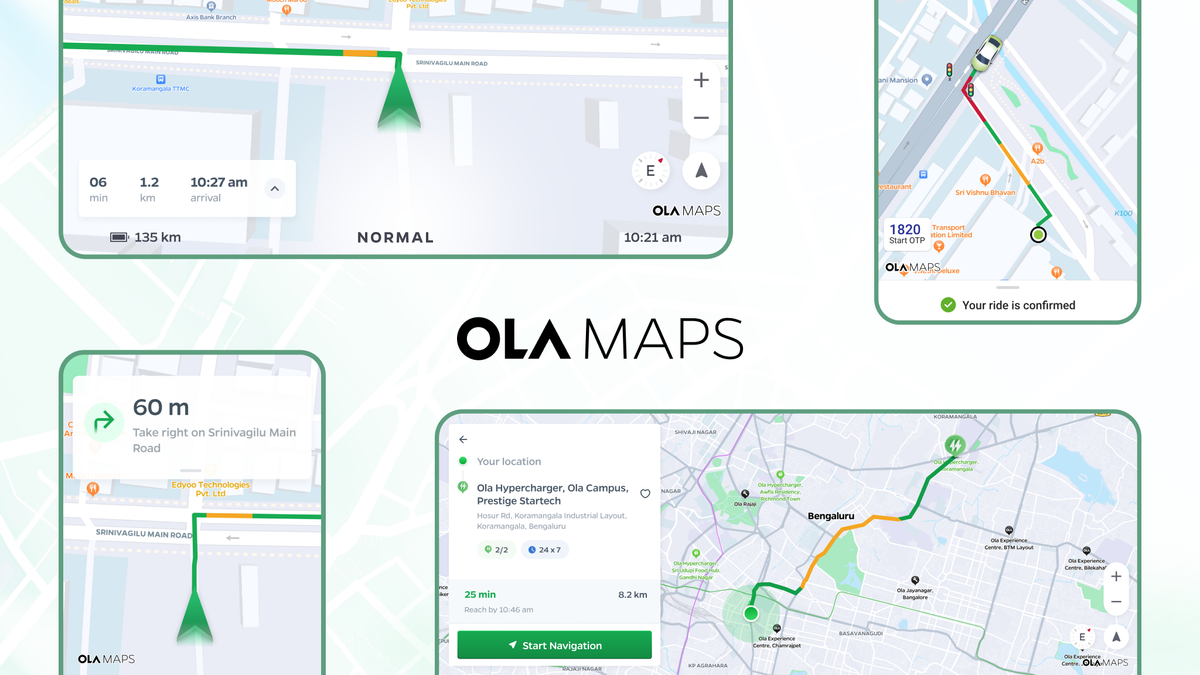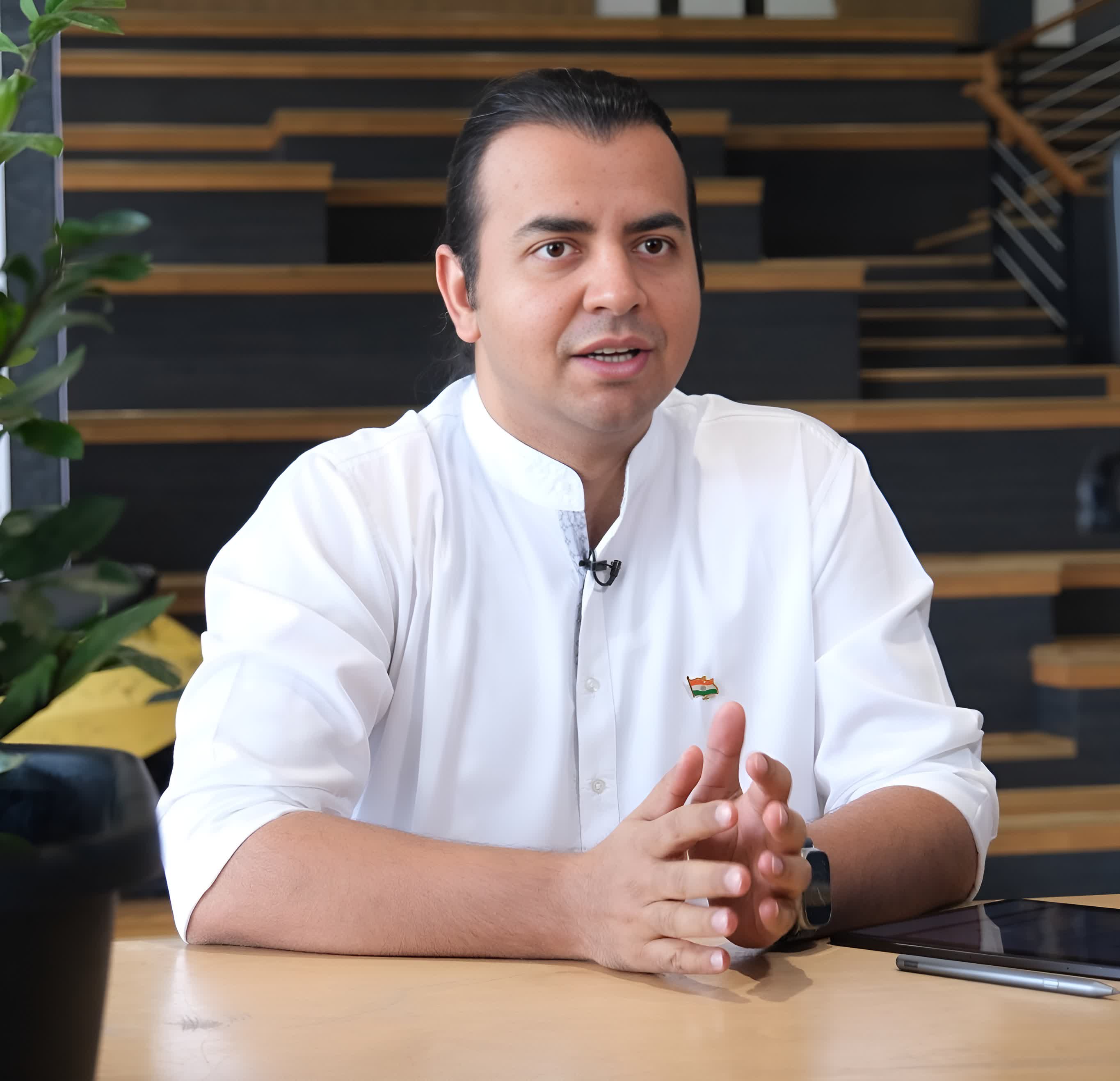What just happened? Bhavish Aggarwal, the founder of Indian tech companies Ola Cabs, Ola Electric, and Krutrim Cloud, is courting controversy with his views on work-life balance – or lack thereof. In a recent interview with ANI News, the CEO doubled down on his support for grueling 70-hour work weeks, claiming he clocks an astonishing 20 hours a day, seven days a week.
"If you have honesty of purpose and clarity of purpose, then you can have the resolve to take it in your stride," Aggarwal reasoned.
"The younger generation today wants a little bit off – I don't agree with this work-life balance concept," he continued in the interview, looking surprisingly well-rested for someone who supposedly sleeps just four hours a night.
This "hustle-harder" ethos isn't new for the Indian billionaire class, with Infosys co-founder Narayana Murthy – who happens to be the father-in-law of former UK Prime Minister Rishi Sunak – previously promoting similar views. Even Indian PM Narendra Modi is claimed to have consistently worked 18 hours a day for the past 20 years by party workers.
Aggarwal went on to proudly recount being trolled on social media last year for agreeing with Murthy's stance, asserting that he doesn't mind the backlash because he believes "a generation will have to do penance."
This isn't the first time Aggarwal has stoked controversy with his statements. In May, he threw a massive rant after LinkedIn's AI bot referred to him with gender-neutral pronouns, calling "wokeness" a "Western illness" that doesn't align with Indian culture.
On @Linkedin, @Microsoft and their wokeness.
– Bhavish Aggarwal (@bhash) May 11, 2024
As an Indian institution, Ola is for genuine actions on diversity. We run one of the largest women only automotive plants. Not 1 out of 10 lines, or a small section, but the whole plant! Almost 5000 women now and will grow to tens of…
Merely a day later, he announced that Ola would be migrating from Azure – since it's owned by Microsoft which also owns LinkedIn – to its own Krutrim cloud. And on July 6, Ola announced it had ditched Google Maps for Ola Maps for cab operations, claiming that the move is saving the company nearly Rs 100 crore (around $11.9 million) a year.

Indian tech companies riding the recent nationalist wave in the country to sell their products isn't a new phenomenon. Back in 2020, social media app Koo was launched as an indigenous Twitter alternative. The app gained popularity in 2021 due to Twitter's non-removal of some content, which many viewed as "anti-nationalist." But the app was shut down last week with its founders citing high cost of operations.
Aggarwal's disdain for Western influences extends beyond social issues to the tech realm as well. During the interview, he lambasted India's reliance on "techno colonialism" from Western tech giants, lamenting that 90% of the country's digital data is processed and monetized by foreign companies like Microsoft and Google.
While Aggarwal's anti-Western rhetoric is strong, his admiration for Apple co-founder Steve Jobs ironically remains unwavering.
"I use all Apple products and genuinely believe that they are very well-engineered and designed products," he proclaimed on the same podcast, hailing Jobs as "one of the core inspirations" he grew up with.
Masthead credit: Bhavish Aggarwal
